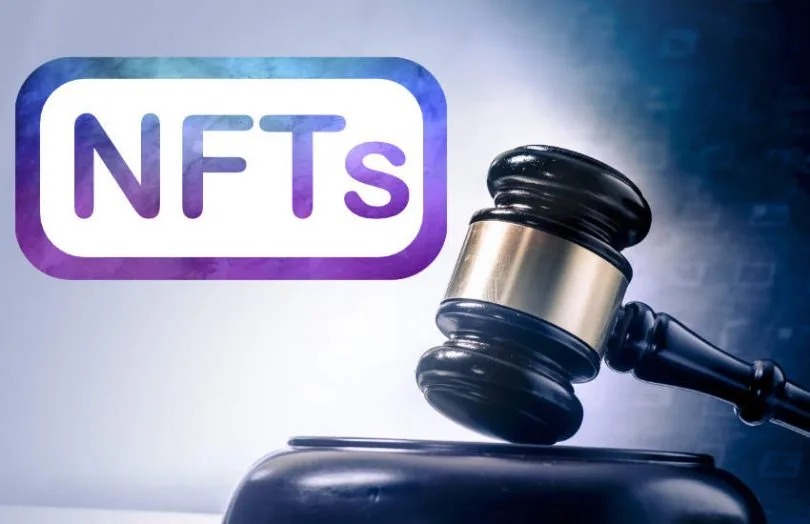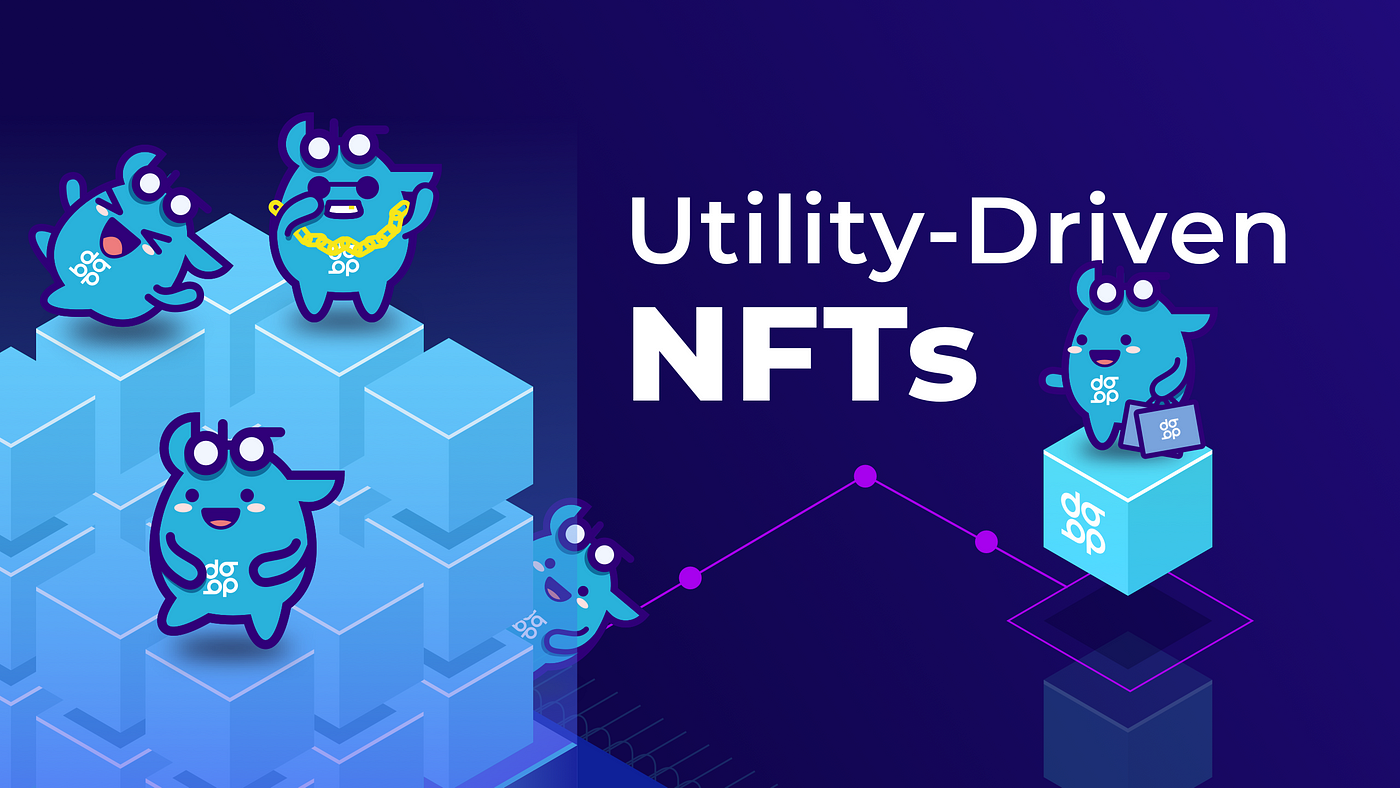
On August 28, 2024, the co-founder and CEO of OpenSea, Devin Finzer, revealed that his firm received a Wells notice from the US Securities and Exchange Commission (SEC) threatening to sue the company amid beliefs that the non-fungible tokens (NFTs) on the platform could be considered securities.
A daring statement sent shockwaves through the crypto industry as discussions developed about whether NFTs should be called securities.
What are industry experts saying, and what could a lawsuit mean for the NFT community?
SEC vs. Crypto: A Never-Ending Battle
The recent announcement that the SEC has targeted OpenSea with a Wells notice may have come as a surprise to many in the blockchain sector. However, the conflict between US regulators and the bitcoin industry has been underway for years.
-
In July 2024, the SEC sued Consensys, a blockchain software startup, with participating in the unregistered offer and sale of securities through its service MetaMask Staking.
-
In November 2023, the SEC charged Kraken, a US-based crypto exchange, for operating as an unregistered securities exchange, broker, dealer, and clearing agency.
-
In July 2023, the SEC charged Celsius, a cryptocurrency platform and Bitcoin mining firm, with fraud and the unregistered offer and sale of securities.
However, the SEC’s present attention on the largest NFT platform, comes as a first, with the regulator potentially moving into uncharted terrain.
Finzer remarked in a statement published by OpenSea on Thursday:
While a Wells notice does not automatically guarantee that a lawsuit will proceed it does suggest that the SEC is seriously considering pursuing enforcement action, thereby keeping the sector on its toes.
Are NFTs Securities?

-
While not all bitcoin specialists agree with the SEC’s latest announcement, others are more inclined to assume that certain NFTs could be categorized as securities.
-
Teddy Ellison, the COO and general counsel of Mojito, a major platform for NFT trade and community participation, told Techopedia that certain NFTs may likely be called securities.
-
Anndy Lian, an inter-governmental blockchain adviser and best-selling author of NFT from Zero to Hero, agreed, citing the Howey Test, a legal standard used by US courts to determine whether a transaction qualifies as an investment contract and, therefore, a security, by assessing if it involves an investment of money in a common enterprise with an expectation of profits primarily from the efforts of others.
-
“The question of whether NFTs are securities is complex and depends on how they are structured and marketed… NFTs include investing money, but whether they form a joint company with profit expectations based on others’ actions is less obvious.
-
However, other experts say that NFTs should not be considered securities when compared to more traditional collectibles such as pieces of art, trading cards, and antiques, which also hold a similar potential for value appreciation over time.
Classifying NFTs As Securities Could Be Positive
-
Speaking with Techopedia, Mojito’s Ellison disputed the overall negative mood around the current announcement, stressing that if NFTs are categorized as securities, the impact might be good.
-
“I believe the impact will be positive in that it will cause NFT projects to look more critically at their goals and structure to bring to market something that is pre-baked legally to be sold as a commodity and not a security.
-
Of course, if the designation of NFTs as securities comes into fruition, creators, marketplaces, and collectors would have to pay much greater attention to the legality underlying purchasing, creating, and selling non-fungible tokens. You may also read this: How To Trade Successfully With Cryptocurrencies?
Utility-Driven & RWA-Linked NFTs Could Strive

-
Naturally, new laws could also promote a shift in the types of NFTs generated.
-
Lian highlighted that a surge in NFTs tied to real-world assets (RWAs), such as real estate, intellectual property rights, or fractional ownership in businesses, is highly likely since these offer the inherent value and potential for income generation and utility, perfectly aligning with the characteristics of traditional securities.
-
Honeyland’s Wright highlighted that if the SEC believes NFTs are securities the new law could truly hinder the innovation with this inherently creative business.
Conclusion
As the SEC clarifies its view on NFTs, the market might likely witness a period of adjustment and maturing, Lian told Techopedia.
“While some uncertainty remains, the NFT space will probably evolve in a way that balances innovation with regulatory compliance. We should expect to see platforms changing to meet disclosure and registration requirements, leading to a more secure and transparent marketplace.”
The designation of NFTs as securities might also attract a much more mainstream group of investors into the market, who previously might have hesitant to get engaged amid regulatory uncertainties.
However, stronger rules could also present the area with a variety of obstacles, especially for smaller authors and platforms.
